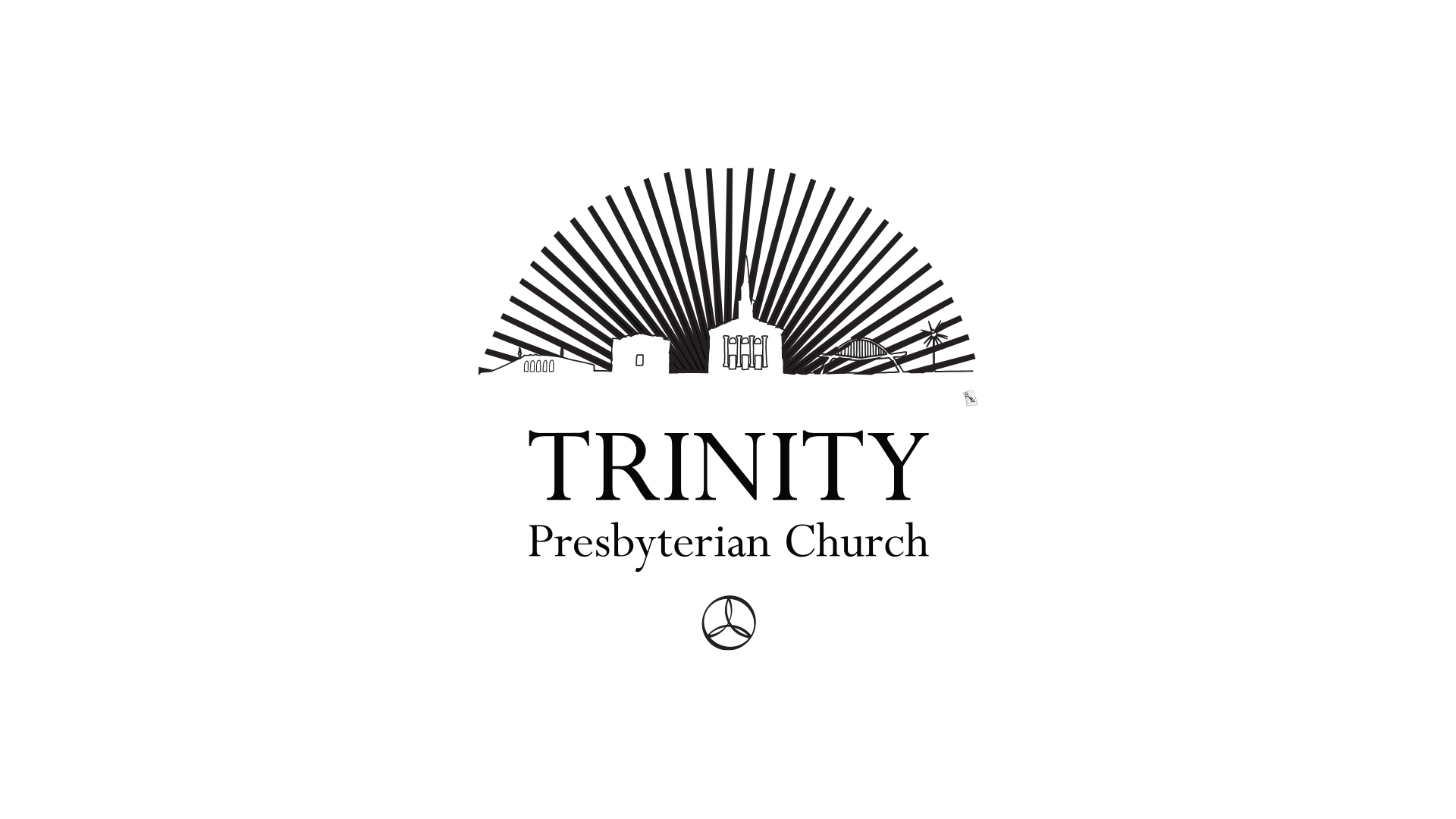The tricky question of innovation

As a Reformed Presbyterian, few words trigger a more heated response than the word innovation. Innovation implies change, and we’re the denomination who’s characterized by faithfulness. For instance, the PCUSA (out of which the PCA formed in 1972-73) changed from our long-held commitments to the Bible. That is a kind of change that is bad.
But is all innovation bad? And in perspective, is it even possible to never innovate? The integration of technology throughout just about every facet of our culture is unavoidable. We are not Amish after all. We do use zippers without ever thinking about it (vs. only buttons or hooks and loops).
Whatever it actually is, innovation is creative problem solving. Biblically we would see this as part of God’s call upon all of us in Genesis to subdue the earth. Innovation is in one sense simply applied learning. Whether it is the progression from sticks and animal skins to concrete block, and a 25-year roof with solar panels, people have learned. And innovations occur wherever we learn and apply the lessons to doing things better, more efficiently or with better quality.
So where is innovation in a church appropriate? And where does it cross lines that ought not to be crossed? My short answer is that in content we want to remain faithful, and in strategies, we want to be as creative as we possibly can be as long as we remain true to God’s Word. The Apostle Paul said, “To the Jews I became as a Jew, in order to win Jews … To those outside the law I became as one outside the law (not being outside the law of God but under the law of Christ) that I might win those outside the law. To the weak I became weak, that I might win the weak. I have become all things to all people, that by all means I might save some. I do it all for the sake of the Gospel. (1 Corinthians 9:20-23)
In worship, our denomination has long acknowledged a distinction between elements and circumstances. The elements of worship are the practices that are timeless. Elements include things like prayer, singing, sermons (or Bible teaching), sacraments, giving, or vows (like weddings, ordinations, or church membership). But circumstances are things that are variable, like when you meet, where you meet, how long you meet, how you dress, or in what language you speak. It is a helpful distinction.
So innovation could apply to strategies, models, or ministry approaches that can vary. Whatever we call it, it seems wise to adjust what we do in light of our real audience. We wouldn’t lead a small group with retired men the same way we would with a group of middle school boys, right?
C.S. Lewis said that every generation has to take the timeless truths of the Gospel and put them in a modern dress. In a similar vein, John Stott said that we seek to identify with our generation without losing our timeless identity as God’s people by His Gospel.
I say all this because we are in a period of some of the most expansive, jarring upheaval in generations. Assumptions about values, priorities, and human identity that had been unchanged for thousands of years have given way to what had been unthinkable merely 20 years ago.
As a church and as a collection of scores of ministries in partnership, how do we need to innovate? And how do we need to remain tenaciously faithful? These are big questions. But our clarity will come from how well we grasp the eternal aspects of what God has done in Christ and His profound innovation of Incarnation. Without ceasing to be Who He always has been (to quote an early church father), God, in Christ, became what He had not been so that we could become what we never could be had He not come for us. In love for the lost of our city, as He has loved us, how do we need to innovate?
More in Announcements
April 18, 2024
I know this seems really odd, but ...April 5, 2024
How do you feel about seeking something that's lost?March 14, 2024
Continuity and Change